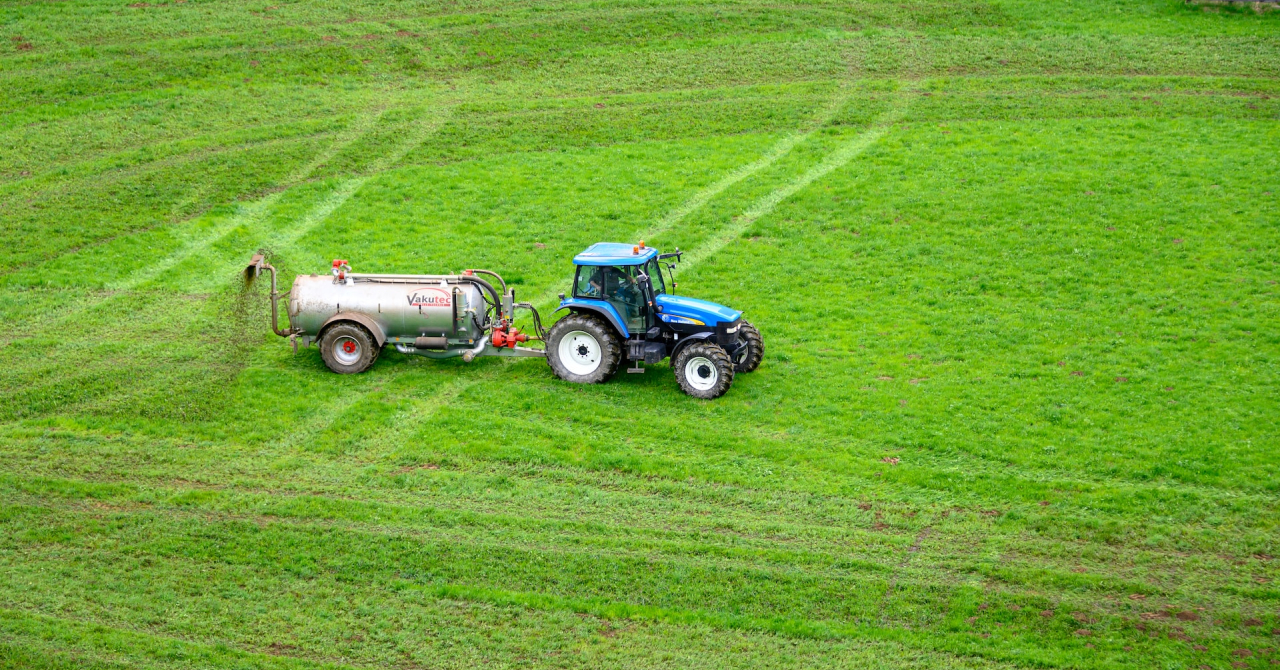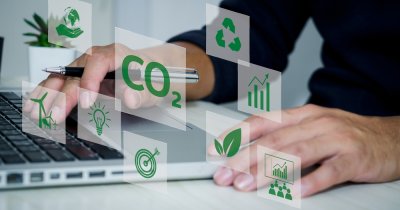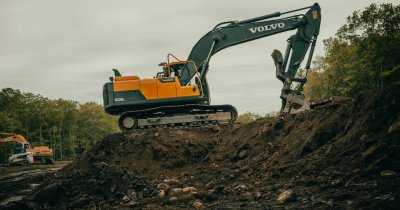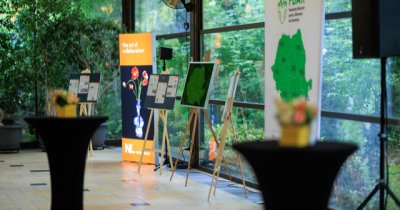The Anthropocene Magazine writes that two-thirds of the 115 million tons of fertilizer escapes every year. A team of researchers aims to solve this problem by offering a tool in the form of hydrogel, which can sense the amount of fertilizer that leaks on farmland, while also capturing and recycling it on the same farm.
This hydrogel is the creation of researchers from a lab, which also created another kind of hydrogels which enable the soil to water itself. In fact, they developed the fertilizer-sensing and absorbing device from the initial watering device. This way, the system can help attract and make use of the millions of tons of nitrogen fertilizers that are lost during the spreading process.
Using electrochemical reactions, the modified hydrogel converts the nitrates into ammonia, a substance which is used by the plants themselves. Since electricity is required for this process, the new type of hydrogel is based on copper, which has conductive abilities and can initialize the "electrocatalysis" process.
Panpan Li, co-author on the study, explained that the team tested the device in a controlled environment with fertilizer-infused water and they concluded that "nitrate can be efficiently converted to ammonia on the surface."
Li also mentioned that, as nitrates turn into ammonia during the irrigation process, the hydrogel "can sense the nitrate and ammonia in the irrigation water by measuring the current signals", thus allowing for the detection of any leaks.
Through sensing the level of fertilizers in the soil, the system can detect when there's enough for the plants, but if more is needed, it can disperse the captured and recycled fertilizer that would have otherwise been wasted via leaking.
Such a smart-agriculture system would not benefit only the farmers, which can save lots of money by optimizing their use of fertilizers, but also the plants and the land. This is because too much fertilizer can affect the crops, which can end up being underdeveloped. Long-term exposure of the land to large quantities of fertilizers can have effects on future crops and can decrease the overall health of the soil in time.
Panpan Li further explained the benefits of smart farming, saying that "this treatment enables plants to grow under ideal scientific conditions and promotes their health and growth rate."
Nitrate pollution is not bad just for the crops and the local land. Through consumption, it can also affect our health and also, by infiltrating through the ground, it can reach freshwater supplies and even marine ecosystems down the line.
The system's creators said that "the potential application of this technology in farms is exciting. Its installation is flexible and can be integrated into existing irrigation systems such as pipes or pools."
Also, by using clean, locally-generated renewable energy, it can be even more sustainable and have an even more positive impact on the environment.
What's next for the researchers? Well, the next step for them is taking the system out for field trials to verify its efficiency out in the wild, where it is expected to have the biggest impact.
 Mihai - Cristian Ioniță
Mihai - Cristian Ioniță












Any thoughts?